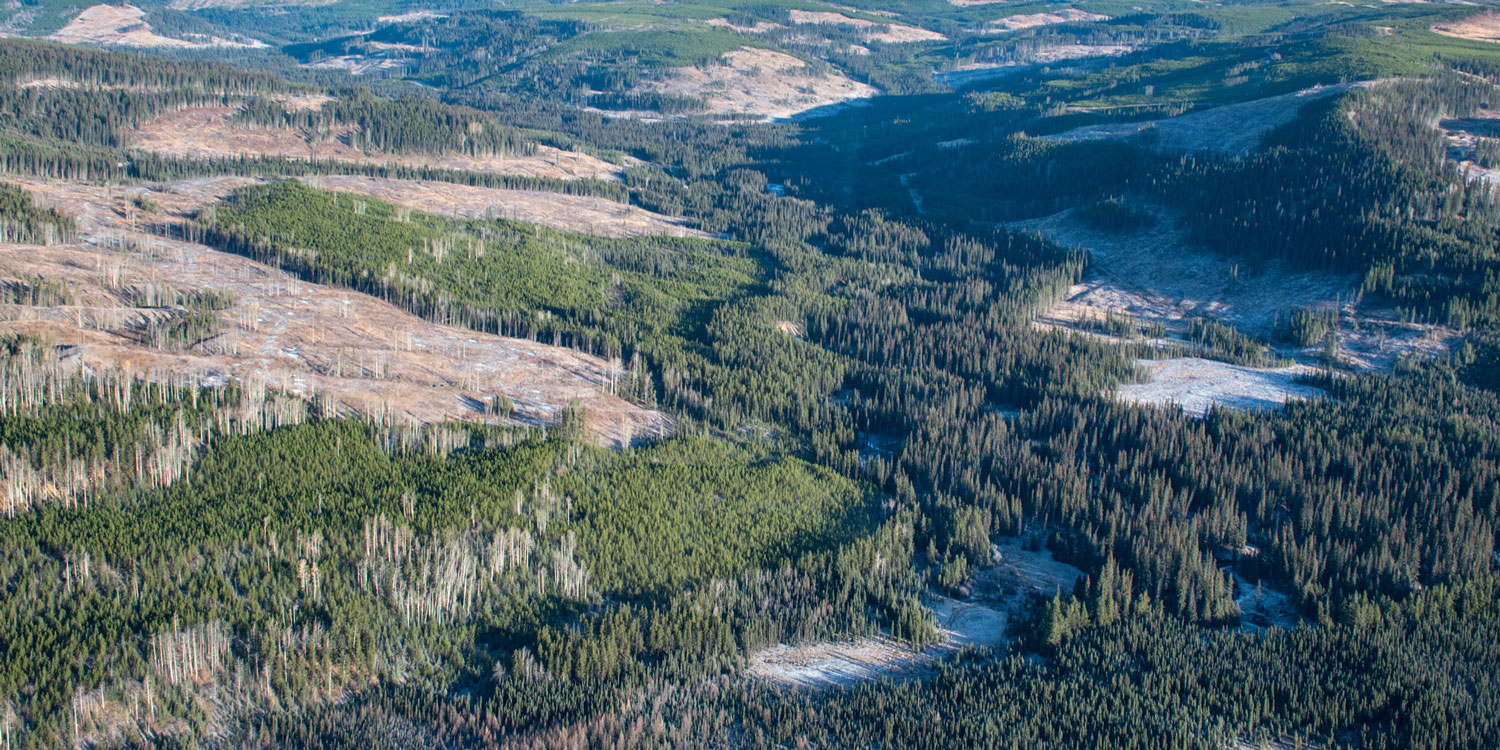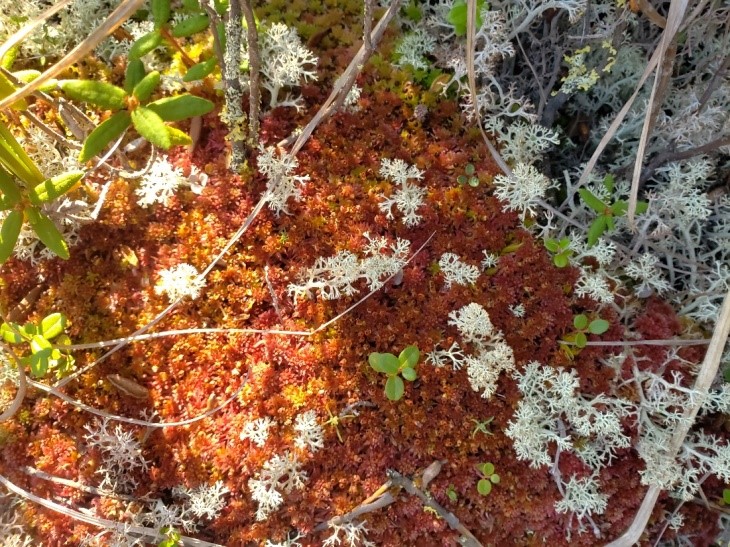Abstract
During the winter, lichen is an important food source for caribou (Rangifer tarandus). Lichen communities are threatened by various factors, including climate change, forestry activities, and oil and gas operations. Finding ways to restore and promote lichen recovery on disturbed sites will assist caribou conservation efforts. As lichen communities take decades to fully return to their ecosystem after disturbance, finding ways to facilitate their recovery and re-establish lichen populations is paramount. Lichen transplantation techniques for restoring lichen communities may be able to play an essential role in the recovery process. In this webinar, we will summarize previous transplant methods and the techniques that have been used to assess lichen growth. We will highlight some important case studies, discuss deploying lichens at an operational scale, and the knowledge gaps that currently exist for lichen research. We will discuss our current lichen restoration project with The Alberta Regional Caribou Knowledge Partnership. Our study examines the effects of lichen fragment size and substrate type on lichen growth in both a greenhouse and field setting, and we aim to increase the abundance of lichen forage in caribou habitat.
Presenters
Michael Schulz, Portage College He received his M.Sc. at the University of Alberta, and his research focused on fungal ecology and biodiversity. He continues to teach and perform contracts on fungi, including assigning conservation ranks for the macrofungi of Alberta, Manitoba, and Saskatchewan.
Ricky Kong, CBR-NAIT. He received his Ph.D. at The University of Western Ontario, where he investigated plant growth and physiological responses under abiotic stress (e.g., nutrient deficiencies, drought, freezing). Binyam Tedla, CBR-NAIT. He completed his Ph.D. at Lakehead University and focused on the eco-physiological responses of trees to their environment, from stress responses to acclimation.









